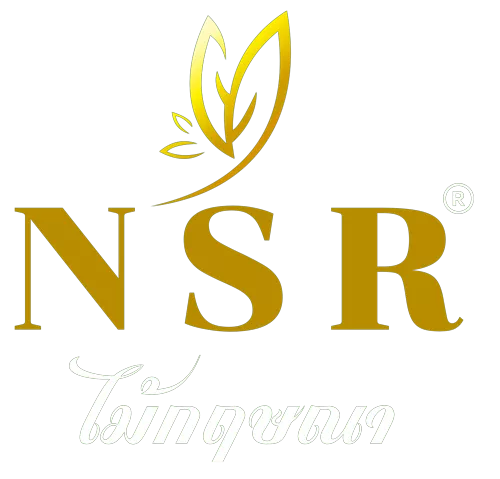Agarwood Carbon Credits
Agarwood carbon credits refer to the ability of agarwood trees to absorb carbon dioxide (CO₂) from the atmosphere. The amount of carbon sequestered by these trees can be calculated and converted into carbon credits. These credits can then be traded on carbon markets, allowing organizations to offset their own greenhouse gas emissions.
Benefits of Carbon Credits
There are two main benefits:
-
Environmental Benefits
Carbon credit projects help reduce the amount of greenhouse gases released into the environment, mitigating the impacts of climate change. -
Economic Benefits
Carbon credits can generate income for entrepreneurs and local communities by selling the credits to organizations or individuals seeking to offset their emissions.
According to the Bank for Agriculture and Agricultural Cooperatives (BAAC):
A total of 400 tons of carbon credits have been purchased and sold under a semi-CSR (Corporate Social Responsibility) scheme at a rate of 3,000 baht per ton—one of the highest prices globally. This totals 1,200,000 baht. After deducting operational expenses, local farmers can earn up to 842,100 baht.
This project not only generates income for tree growers but also encourages the expansion of green areas that help absorb carbon. It enhances climate resilience and supports efforts to mitigate global warming. Moreover, it contributes to Thailand’s goal of achieving carbon neutrality.







